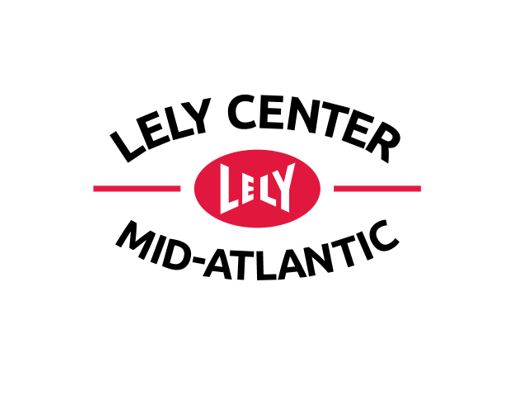The efficiency of cows in Lely robots is crucial for maximizing the benefits of this advanced technology. When cows adapt effectively to these robotic systems, they contribute to a smoother, more productive milking process. Efficient cows approach the robots willingly and maintain regular milking patterns, allowing the robots to operate at peak performance. This results in increased milk yield and improved udder health while minimizing stress on the animals. Additionally, efficient cows help reduce the need for manual intervention, lowering labor costs and enhancing overall farm efficiency.
So, what do we mean exactly when we say, “efficient cows”? Efficient cows are problem-free—those that visit the robot independently, come to the robot ready to participate in the milking process and have a successful milking. This results in proper let-down, low box time, high yield, and a comfortable milking experience. When cows and technology work seamlessly together, it leads to a more productive, cost-effective, and sustainable dairy operation.
The Copenhaver family of Hide Away Dairy in Lebanon, PA, recently installed eight A5 robots and one Juno. Years of planning for this transition paid off with immediate results, including increased milk production and a decreased somatic cell count. The family credits their success to breeding for emphasis on teat position, teat length, and strong feet and legs.
Six months after start-up, it typically takes only one person to fetch cows for all eight robots. They have a pen designated for fresh and troubled cows, making assisting them easier. Before start-up, they put the robots in training mode—a special setting designed to help cows get familiar with the robots before being milked in them. This setting moves the arm and makes all the normal sounds of milking while feeding the cow’s robot pellets. This made the start-up process smooth, with cows willing and eager to enter the robot. Most cows began coming in on their own within just a few days.
The herd now averages about 90 pounds of milk per cow and 2.8 milkings per day, with about 15% free time. What contributes to this success? Low failures, cows coming in at regular intervals, and low box time.
Farm Management Support plays a crucial role in facilitating the transition to robotic milking by offering tailored guidance and expertise throughout the process. This support includes comprehensive planning, setup, and ongoing training to ensure that both the technology and management practices are seamlessly integrated. Lely Center Mid-Atlantic experts work closely with farmers to customize the robotic systems according to the specific needs of their herd and operational goals. We provide valuable insights on optimizing milking routines, managing cow health, and analyzing performance data to enhance efficiency. By delivering hands-on assistance and leveraging advanced tools, our Farm Management Support team helps farmers navigate the complexities of robotic milking, ultimately leading to a smoother transition, increased productivity, and better overall farm management.
